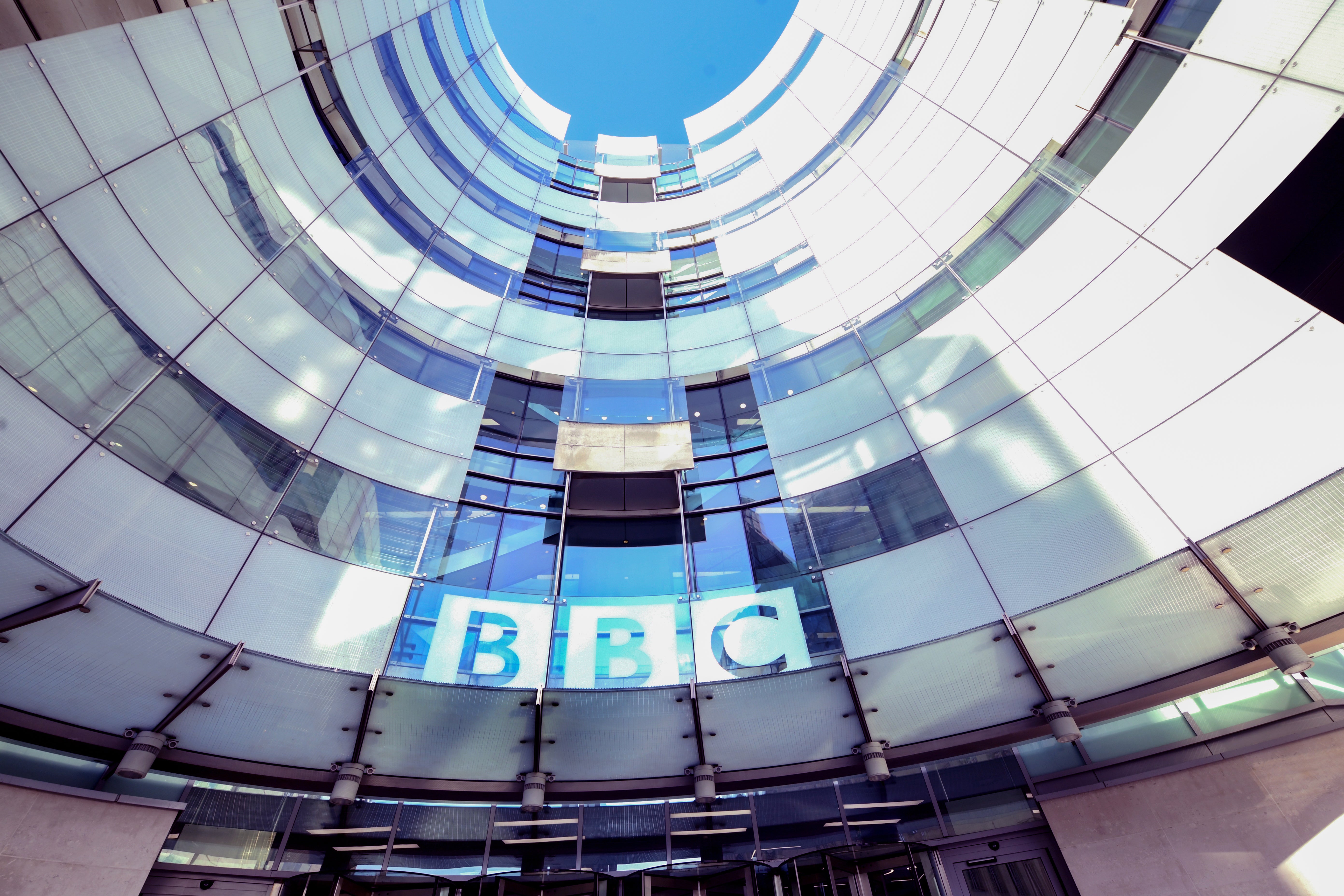BBC reviews role in ‘classical music ecosystem’ following pandemic
The two-month review will explore ways the BBC can reach people across the UK and ‘encourage greater diversity and develop new talent’.

Your support helps us to tell the story
From reproductive rights to climate change to Big Tech, The Independent is on the ground when the story is developing. Whether it's investigating the financials of Elon Musk's pro-Trump PAC or producing our latest documentary, 'The A Word', which shines a light on the American women fighting for reproductive rights, we know how important it is to parse out the facts from the messaging.
At such a critical moment in US history, we need reporters on the ground. Your donation allows us to keep sending journalists to speak to both sides of the story.
The Independent is trusted by Americans across the entire political spectrum. And unlike many other quality news outlets, we choose not to lock Americans out of our reporting and analysis with paywalls. We believe quality journalism should be available to everyone, paid for by those who can afford it.
Your support makes all the difference.The BBC is reviewing its role in the classical music sector following the hard-hitting impact of the pandemic.
The broadcaster, which produces the BBC Proms, the biggest classical music festival in the world, is looking for opportunities to broaden access to the arts for all.
The BBC’s director of factual, arts and classical music Patrick Holland said the effects on the cultural sector are “still being felt” following Covid-19.
He said: “Add a rapidly changing digital landscape, with audiences finding ever new ways to access classical music and there has never been a more important time to understand the BBC’s role in the UK classical music ecosystem.”
To mark its centennial year, the corporation will be undertaking a two-month review exploring the state of classical music in the UK and the BBC’s role in it.
Holland said the review will include “audience and market analysis” exploring ways the BBC can reach people across the UK and “encourage greater diversity and develop new talent”.
He added: “We also hope to identify new opportunities to broaden out access to the BBC’s classical offer, including through digital innovation and additional partnerships.
“We are hugely proud to be one of the most significant players in the classical music industry, forming a vital part of the British cultural landscape and the international scene too.
“We’ve achieved this by never staying stagnant, always considering how we can best serve our audiences and our partners.
“We want to continue that conversation to ensure the BBC has the biggest impact for audiences; broadening access, education, participation to classical music and opening the doors for the next generation behind the baton.
“This review will help us to do so.”
Holland said he will be working with Rachel Jupp, editorial executive of BBC Content, and Alan Davey controller of Radio 3, BBC Proms, BBC Orchestras and Choirs, on the report, which will be made public on completion.